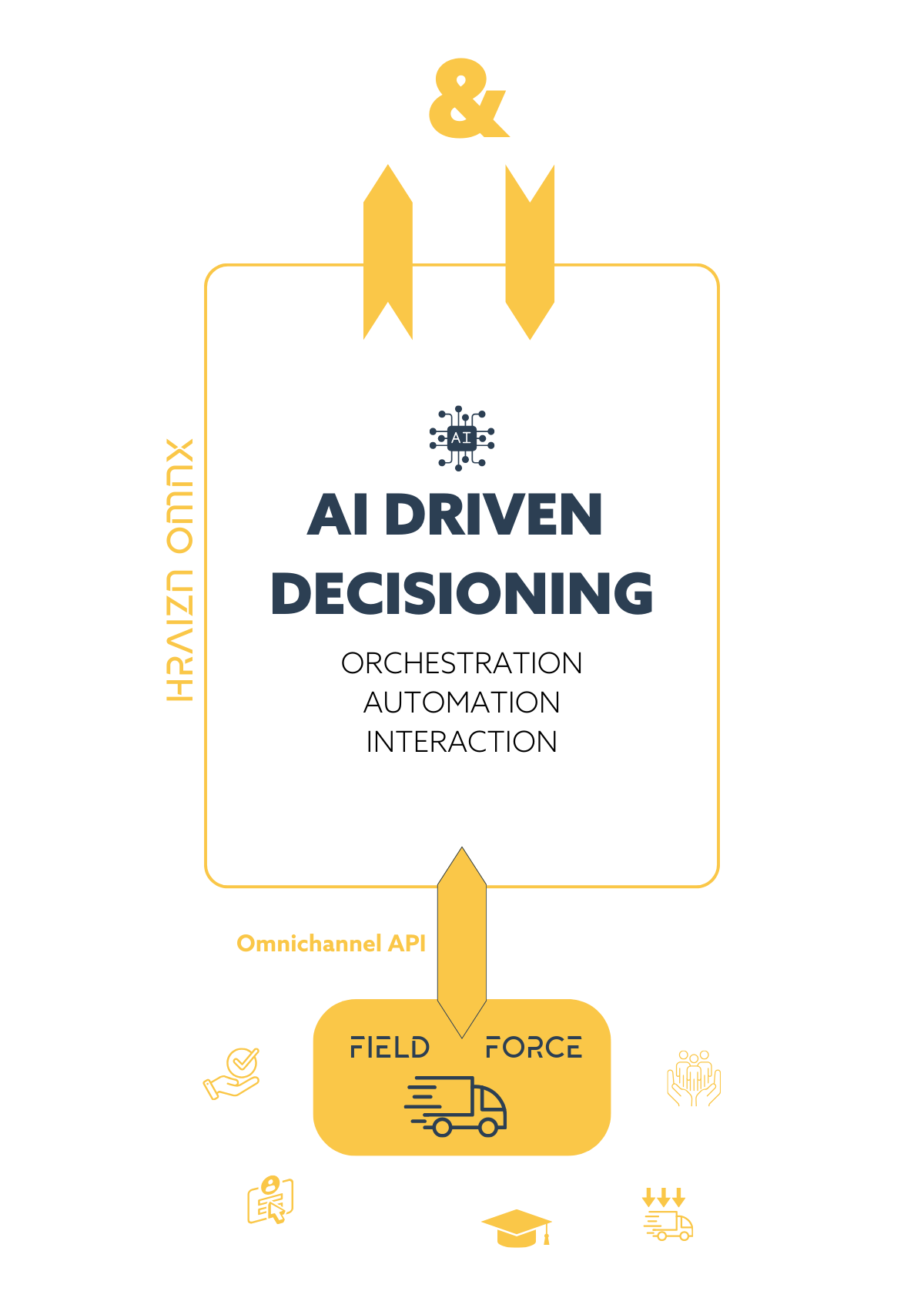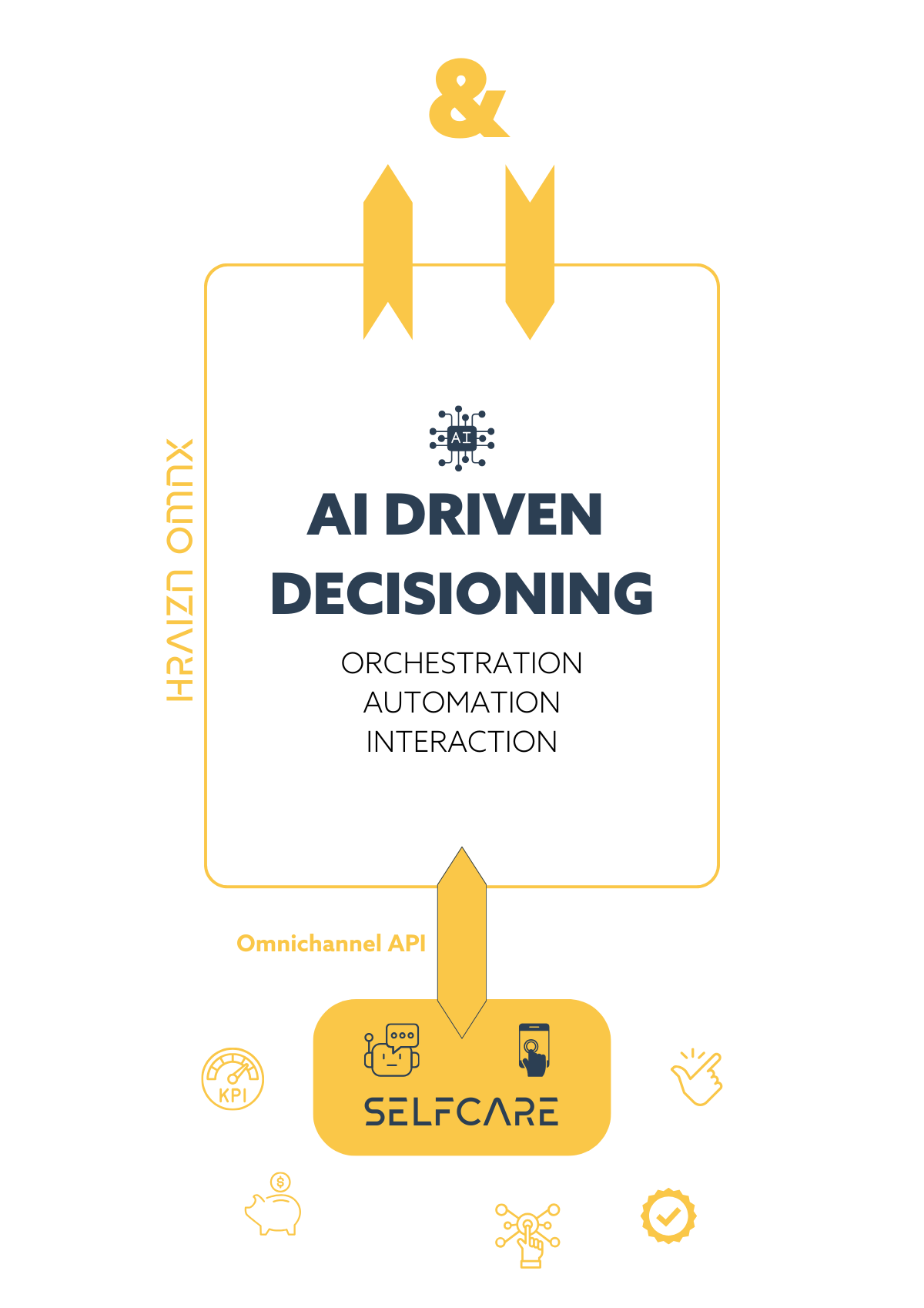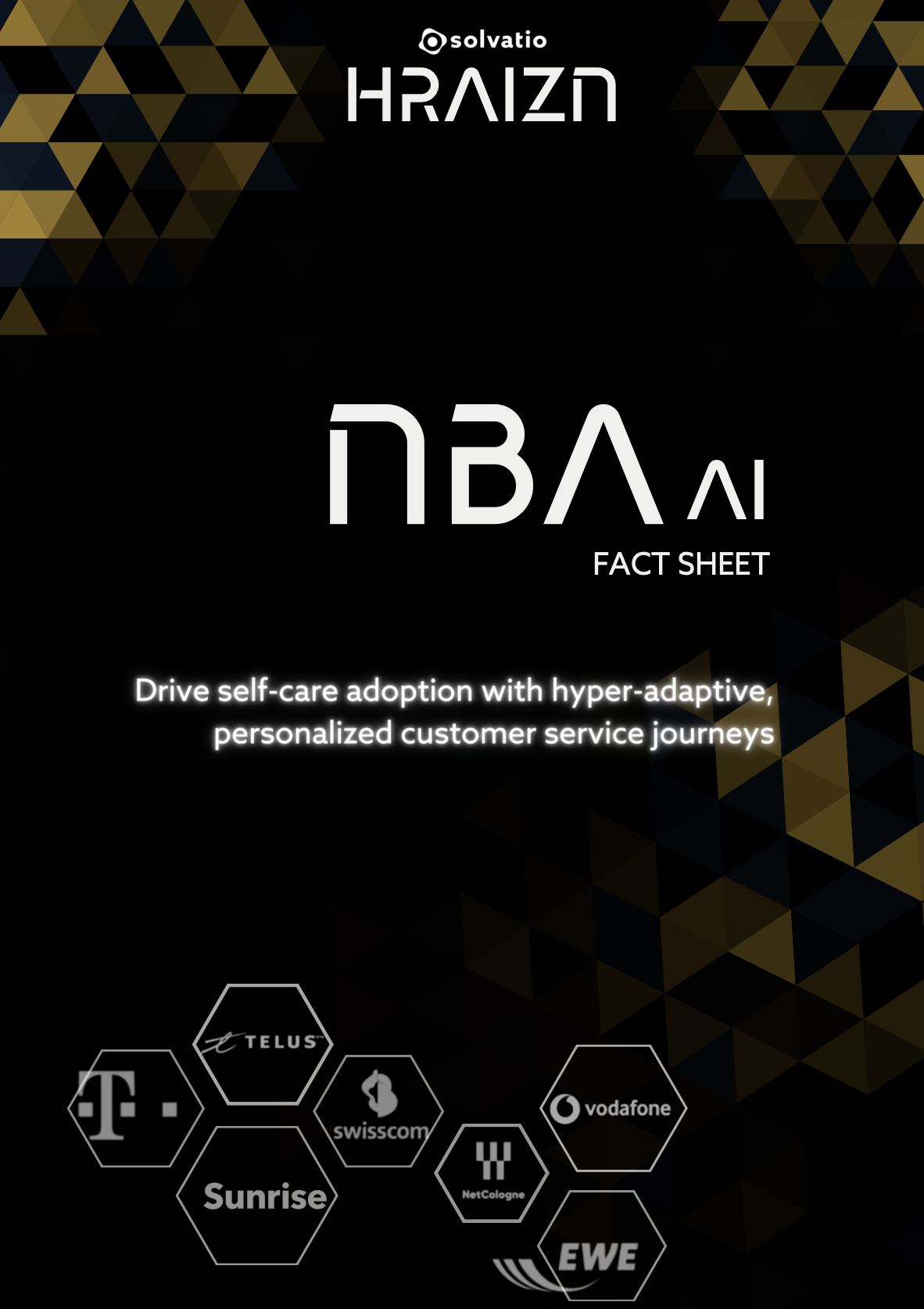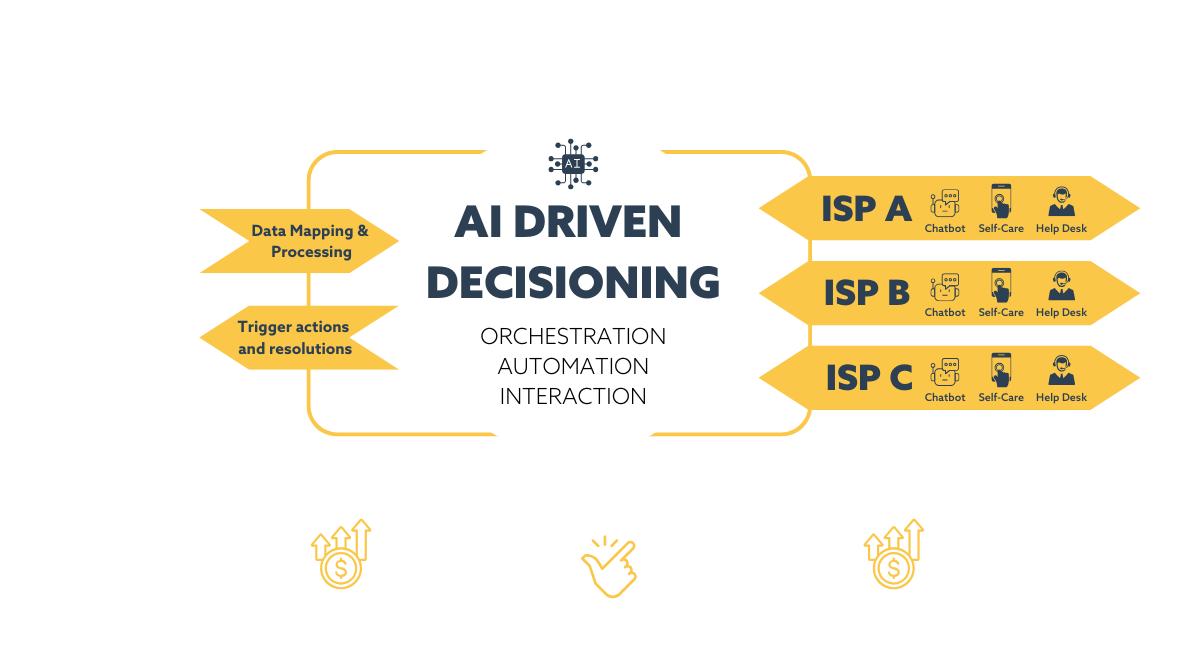Discover the Benefits of Cloud Transformation With Public Cloud Services
Discover the Benefits of Cloud Transformation with Public Cloud Services
Businesses across the world are beginning to embrace cloud technology and public cloud services as a means of increasing their operational efficiency and cost savings. Public cloud services provide businesses with the scalability, flexibility and reliability that they need in order to maximize their resources and stay competitive in today’s ever-changing business environment.
What are the Advantages of Moving to the Cloud?
Public cloud services are becoming increasingly popular for businesses looking to reduce costs, increase efficiency and improve overall performance. These services provide businesses with access to secure data storage and powerful computing resources located in the cloud, allowing them to focus on their core operations without worrying about physical infrastructure. Additionally, public cloud services offer scalability and flexibility that make it easy for businesses to scale up or down depending on their needs.
What does Public Cloud Service mean?
Put simply, public cloud services are an on-demand, pay-as-you-go service that allows businesses to access computing resources such as data storage, compute power and software applications over the internet. This is in contrast to traditional hosting systems in which companies purchase and maintain their own servers, databases, networks and other IT infrastructure. Utilizing public cloud services is cost-effective and offers businesses access to powerful technology in a pay-as-you-go model.
The Structure of Public Cloud Services
Public cloud services are structured in a way that makes them highly scalable and cost-effective. By utilizing public cloud services, businesses no longer need to maintain their own IT infrastructure or invest in additional hardware for new requirements. Instead, they can simply access the resources they need on demand from a cloud service provider.
Basically, public cloud services are structured with three layers – Infrastructure as a Service (IaaS), Platform as a Service (PaaS), and Software as a Service (SaaS). IaaS provides users with a virtualized computing infrastructure and includes storage, networking, and other services. PaaS builds on IaaS by providing tools to develop applications without having to build or maintain hardware. SaaS is the top layer of cloud service delivery which utilizes web-based applications that can be accessed from just about anywhere with an internet connection.
Comparing Public, Private and Hybrid Cloud Services
Public clouds are different from private and hybrid clouds in that they are hosted and managed on shared public cloud infrastructure. This means that businesses do not have control over the physical hardware or networks, but can rely on the public cloud provider’s operations team to maintain and manage their services. In addition, public clouds often provide access to a wide range of services from different vendors which allows businesses to quickly and easily add services, such as storage or computing power.
Private clouds are built on dedicated hardware, while hybrid clouds allow users to leverage both public and private cloud services. This allows organizations to leverage the strengths of both models.
Is Public Cloud Secure?
Public cloud services can be secure for companies if the cloud provider takes steps to protect the data in their environment. This includes using strong encryption measures, regularly updating security software, monitoring usage patterns and malicious activity, and utilizing multi-factor authentication to ensure only authorized users have access to sensitive data.
Thus, public cloud services are secure, provided they are implemented properly. Security measures such as two-factor authentication, data encryption, access control and security audits ensure that user data is protected from outside threats. Furthermore, public cloud services are subject to established service-level agreements (SLAs) which guarantees the availability of resources.
Why Should Companies Start Moving to the Cloud Now?
The advantages for companies that move to the public cloud are vast and far-reaching. Public clouds offer cost savings by eliminating the need to purchase, install, and configure hardware and software in an on-premises environment. They also provide greater scalability, allowing businesses to quickly add or remove resources as needed without any disruption. Additionally, public cloud services come with built-in redundancy, ensuring data and applications are kept safe in the event of a system or hardware failure.
Public cloud services can be thought of like a buffet. Much like a buffet, public cloud services provide customers with access to a wide variety of resources that are ready to use whenever they need it. And just as a buffet offers many different types of food, public cloud services offer different types of computing resources such as storage, networking, and processing. The real challenge of this public cloud buffet is not to get full, but to choose the relevant dishes without overeating.
Regarding public cloud services, solvatio offers consulting by certified experts as well as services in certain specialist areas. Follow the link for more information.



